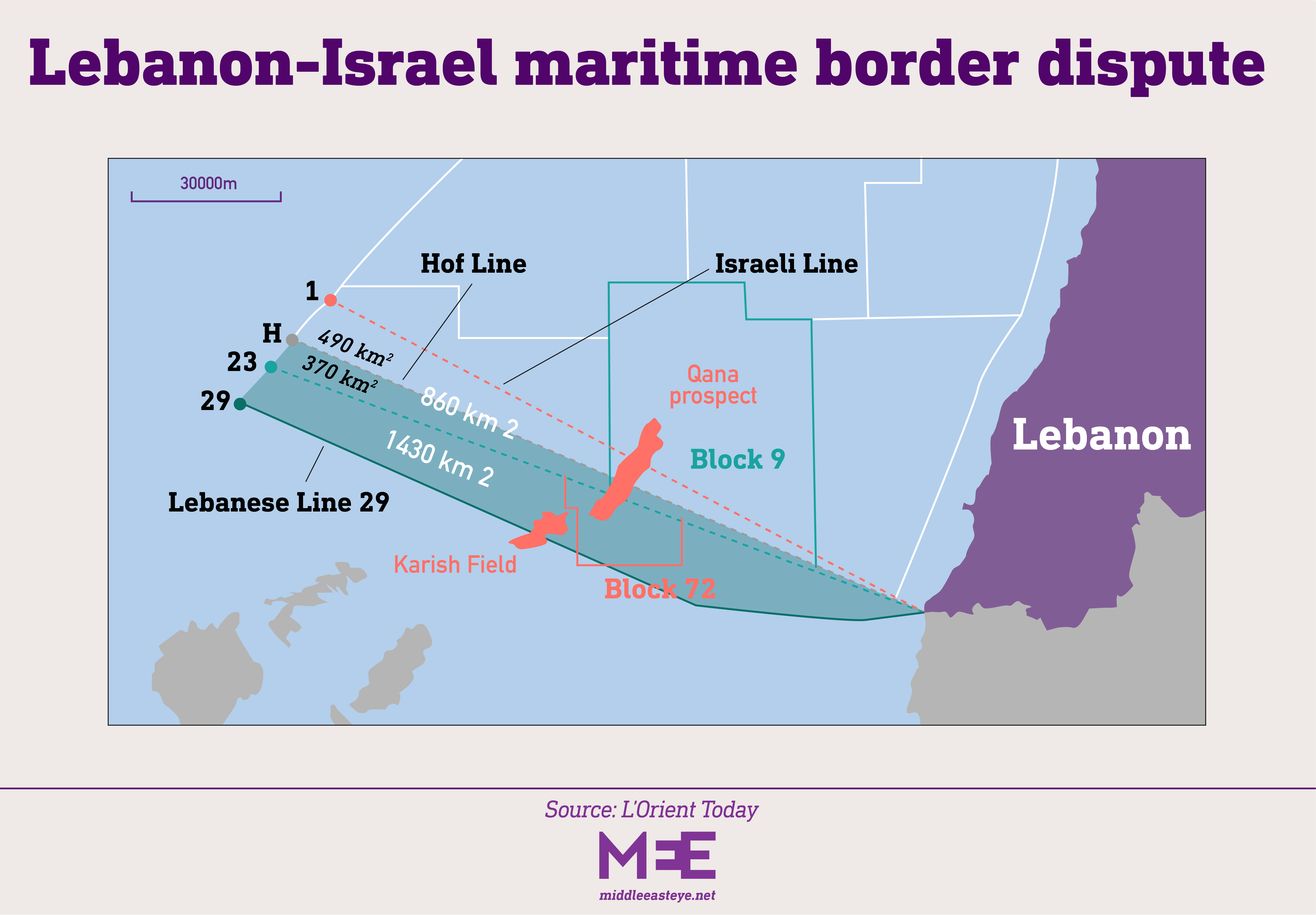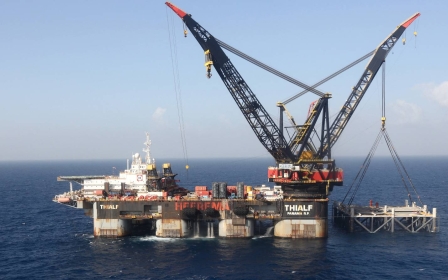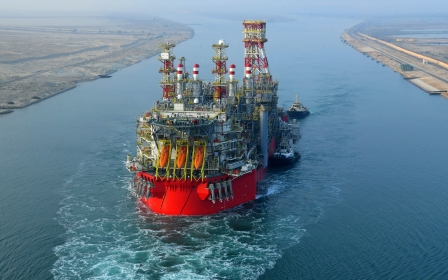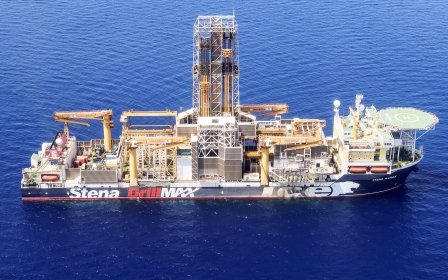Israel says agreement reached with Lebanon over maritime border dispute
Israel said that it reached an agreement with Lebanon on Tuesday demarcating a disputed maritime border in the Mediterranean, as both sides rush to officially sign the deal before internal hurdles get in the way.
Subject to approval by the government and national security cabinet, Lapid said the “historic” deal met Israel’s security and economic demands.
"This is a historic achievement that will strengthen Israel's security, inject billions into Israel's economy and ensure the stability of our northern border," he said on Twitter.
Earlier on Tuesday, Lebanese President Michel Aoun said his country was “satisfied” with the terms of the final draft presented to it by US envoy Amos Hochstein.
New MEE newsletter: Jerusalem Dispatch
Sign up to get the latest insights and analysis on Israel-Palestine, alongside Turkey Unpacked and other MEE newsletters
He also said Lebanon’s demands were met and he hoped an official announcement would be made “as soon as possible”.
The deal marks a milestone in the relationship between Israel and Lebanon, who have historically fought several wars with each other.
It could reduce tensions that have increased recently over gas exploration in the disputed areas and allow both sides to capitalise on potential gas discoveries vital for their economies, especially cash-strapped Lebanon.
The maritime dispute dates back to 2007 but stalled talks were renewed in June after Israel moved a production vessel near the Karish offshore field.
Months of indirect negotiations were facilitated by Hochstein who has been shuttling between the sides with no diplomatic relations.
The Lebanese political party and armed group Hezbollah has not publicly commented on the details of the proposals but said in the past it would agree to the Lebanese government's position.
On Tuesday, it green-lit the agreement, according to two senior Lebanese sources who spoke to Reuters.
Hezbollah leader Hassan Nasrallah previously warned of an escalation if the deal did not secure Lebanon’s maritime rights. Nasrallah is due to make an address later on Tuesday.
Proposal details
Last week, last-minute amendments to an earlier draft of the deal seemed to put the months-long effort at risk.
The US proposal is reportedly based on Line 23, which is located north of the maximal version that the Lebanese put forward some years ago.
The Karish gas field is located southwest of the line, meaning that it will remain under complete Israeli control. The northeastern field Qana, which goes into Israeli maritime territory, will go to the Lebanese, with Israel giving up its claim.
In return, Israel is working on a formula with the French energy firm Total to get a slice of any future revenue that the prospective Qana field generates.
The profit-sharing mechanism was reportedly one of the final sticking points. It is not immediately clear what the final agreement stipulates.
It was also reported that Lebanon's government refused to hold an official signing ceremony for the deal.
Instead, it suggested that the agreement be delivered to a UN representative in the presence of Hochstein in a room without an Israeli representative, and after the Israeli side signs it, the agreement would immediately enter into force.
Last-minute internal hurdles
The Israeli opposition led by former premier Benjamin Netanyahu, who is locked in a closely fought general election campaign to be held in less than a month, has slammed the deal.
On Monday, Netanyahu said that his political rivals Lapid and Defence Minister Benny Gantz "succumbed to Hezbollah's blackmail”.
Netanyahu’s opposition to the deal puts it at risk as he has vowed not to honour it if he wins the elections planned on 1 November.
Lapid is looking to fast-track the approval needed by the government to present it to parliament before the election date.
In Lebanon, it is also hoped that a deal would be officially signed soon before Aoun's term of office ends on 31 October.
Middle East Eye delivers independent and unrivalled coverage and analysis of the Middle East, North Africa and beyond. To learn more about republishing this content and the associated fees, please fill out this form. More about MEE can be found here.





